A colleague once told me that I shouldn’t take Mike Leigh’s films with contemporary settings as slices of everyday life. He was right: they’re hyperreal. Especially Hard Truths, in which his take on a woman both depressed and angry – it’s possible to be both more or less simultaneously – packs years of grievances and unacceptable verbal abuse into a very short period of time.
Fortunately Marianne Jean-Baptiste is on hand to elevate the attacks to sacred monster level – plenty of laugh-out-loud lines, and I won’t spoil what fun's to be had by quoting any – and to make the pathos real. Pansy‘s relationship with sane, wise sister Chantelle (Michele Austin, ever sympathetic) is always compelling (Baptiste and Austin, pictured below, appeared together in Secrets and Lies).
There's relief in the playfulness and solidarity of Chantelle with her two daughters Aleisha and Kayla, both delightful as portrayed respectively by Sophia Brown and Ani Nelson. Their home is full of light and laughter, though the girls suffer various pressures at their respective places of work; Pansy‘s life in a clinically bleak semi-detached house with only pigeons, crows and (horror!) a fox in the bare back yard stretches credibility. This is living hell: she has hounded her depressed, bullied son Moses (Tuwaine Barrett) and plumber husband Curtley (David Webber) into silence. 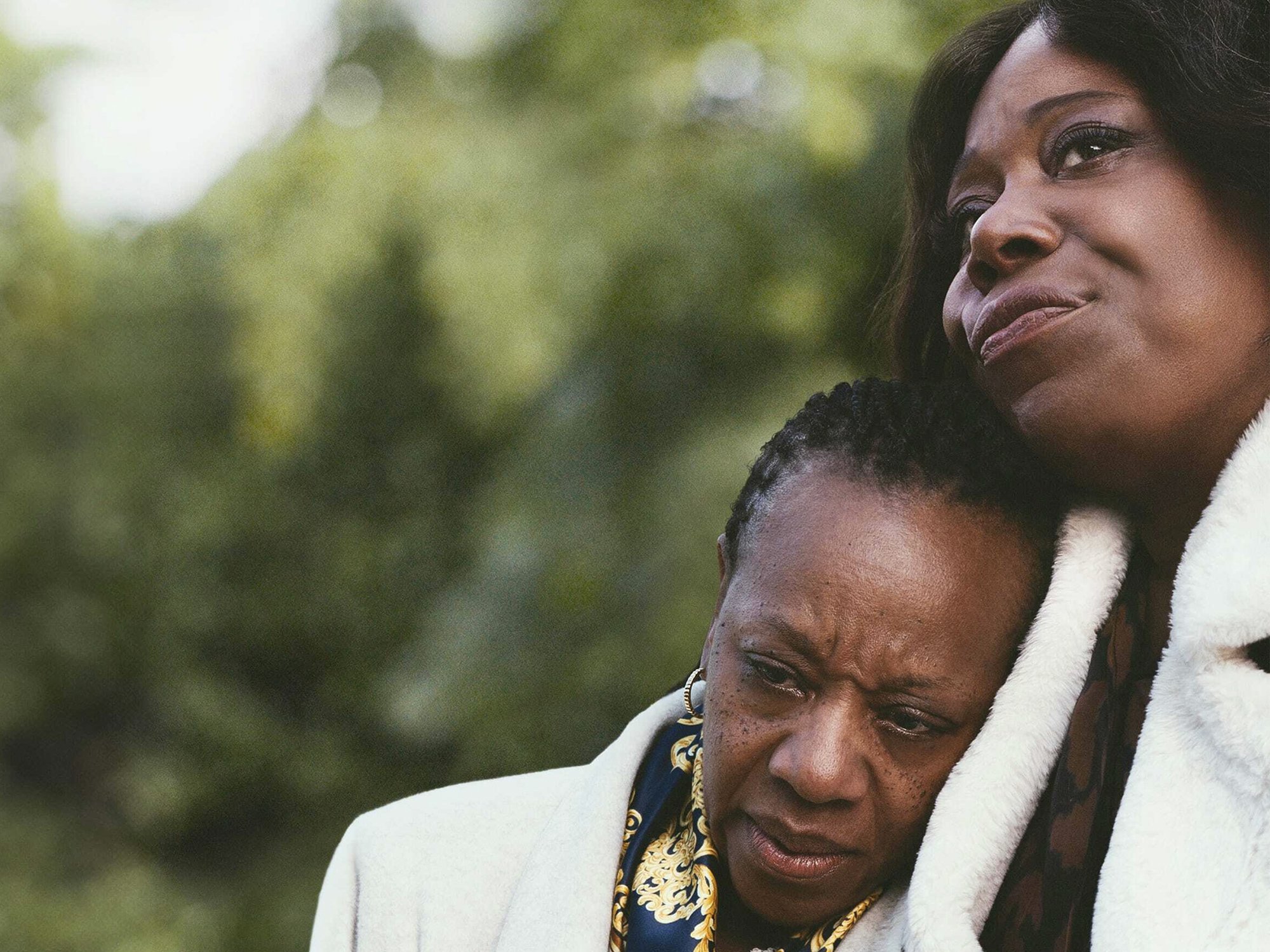 Have either of the men ever had a dialogue with her suggesting she seeks professional help? You can see how that might get short shrift. Since it's never broached by anyone - you guess her sister, at least, has tried - this remains the giant elephant in the room. And yet it would seem to be the only way out given the self-destructiveness in which Pansy has buried herself. Leigh offers a glimmer of hope for the son, none for the parents.
Have either of the men ever had a dialogue with her suggesting she seeks professional help? You can see how that might get short shrift. Since it's never broached by anyone - you guess her sister, at least, has tried - this remains the giant elephant in the room. And yet it would seem to be the only way out given the self-destructiveness in which Pansy has buried herself. Leigh offers a glimmer of hope for the son, none for the parents.
What’s real, alongside the sunny home life of Chantelle, Aleisha and Kayla, is the response given by each of the public figures unfortunate enough to come into conflict with Pansy in pit-bull mode. Professionalism can only go so far: a store attendant and a supermarket customer aren't having any of it, but doctor and dentist hold their temper for as long as possible. No-one puts a foot wrong in any of these vignette scenes. 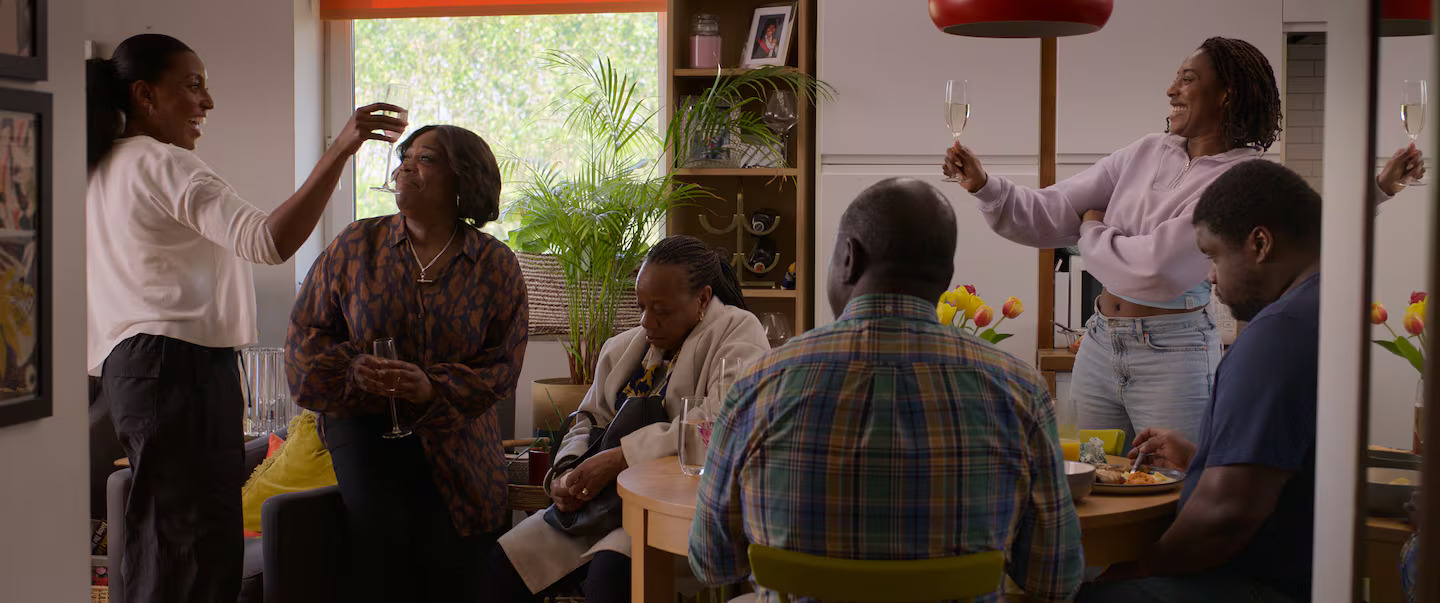 The film, with wistful music by Leigh's long-term collaborator Gary Yershon, a lot of it instrumental duets, not getting in the way, is well paced to two climactic sequences: the visit of the sisters to their mother’s grave, where we don’t quite get to the root of Pansy‘s self-destructive grievance, and the gathering at Chantelle's home, a fine ensemble piece well played by all involved (pictured above). You expect revelation and release; neither happens. The slow decrescendo is numbing. Leigh surely achieves his aims; on its own terms, the film is masterly. But whether you’ll want to see it depends on how much patience you have with a deeply unhappy woman who’s her own worst enemy and finds no way out of the vicious circle.
The film, with wistful music by Leigh's long-term collaborator Gary Yershon, a lot of it instrumental duets, not getting in the way, is well paced to two climactic sequences: the visit of the sisters to their mother’s grave, where we don’t quite get to the root of Pansy‘s self-destructive grievance, and the gathering at Chantelle's home, a fine ensemble piece well played by all involved (pictured above). You expect revelation and release; neither happens. The slow decrescendo is numbing. Leigh surely achieves his aims; on its own terms, the film is masterly. But whether you’ll want to see it depends on how much patience you have with a deeply unhappy woman who’s her own worst enemy and finds no way out of the vicious circle.

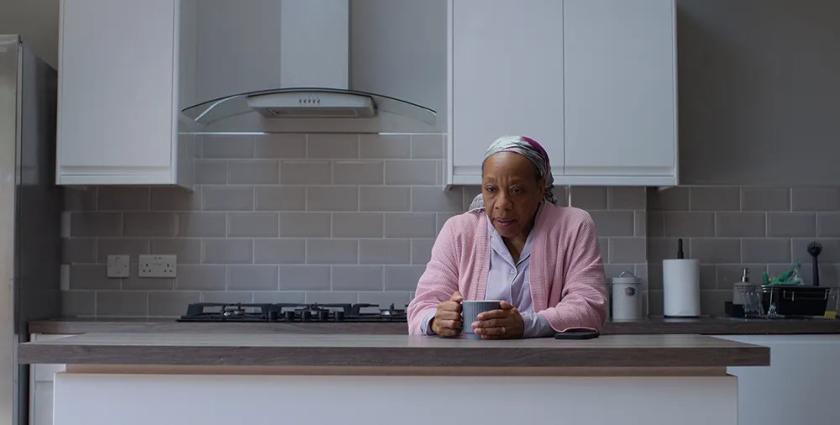




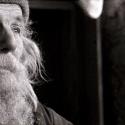


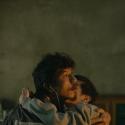


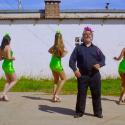

Comments
Add comment